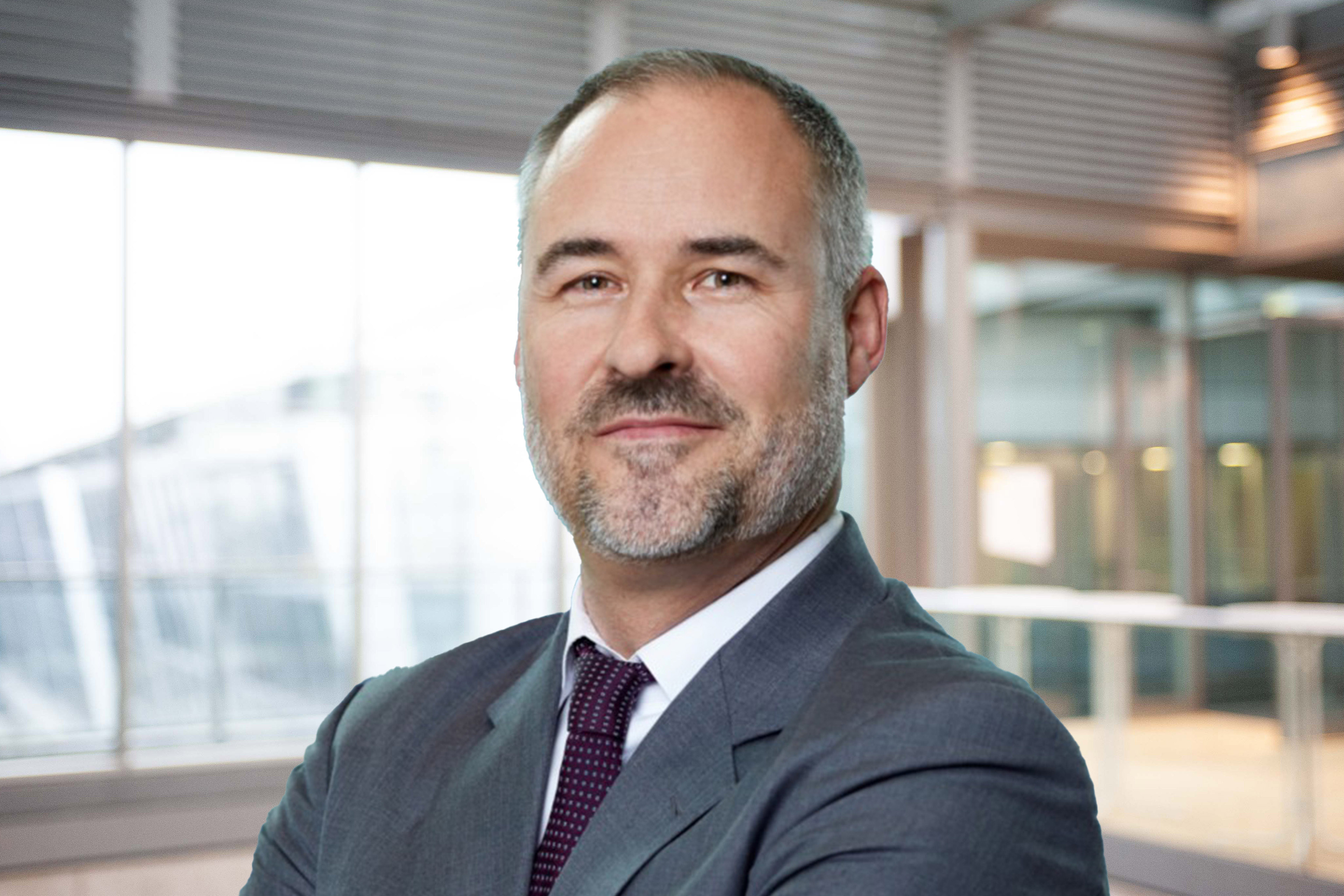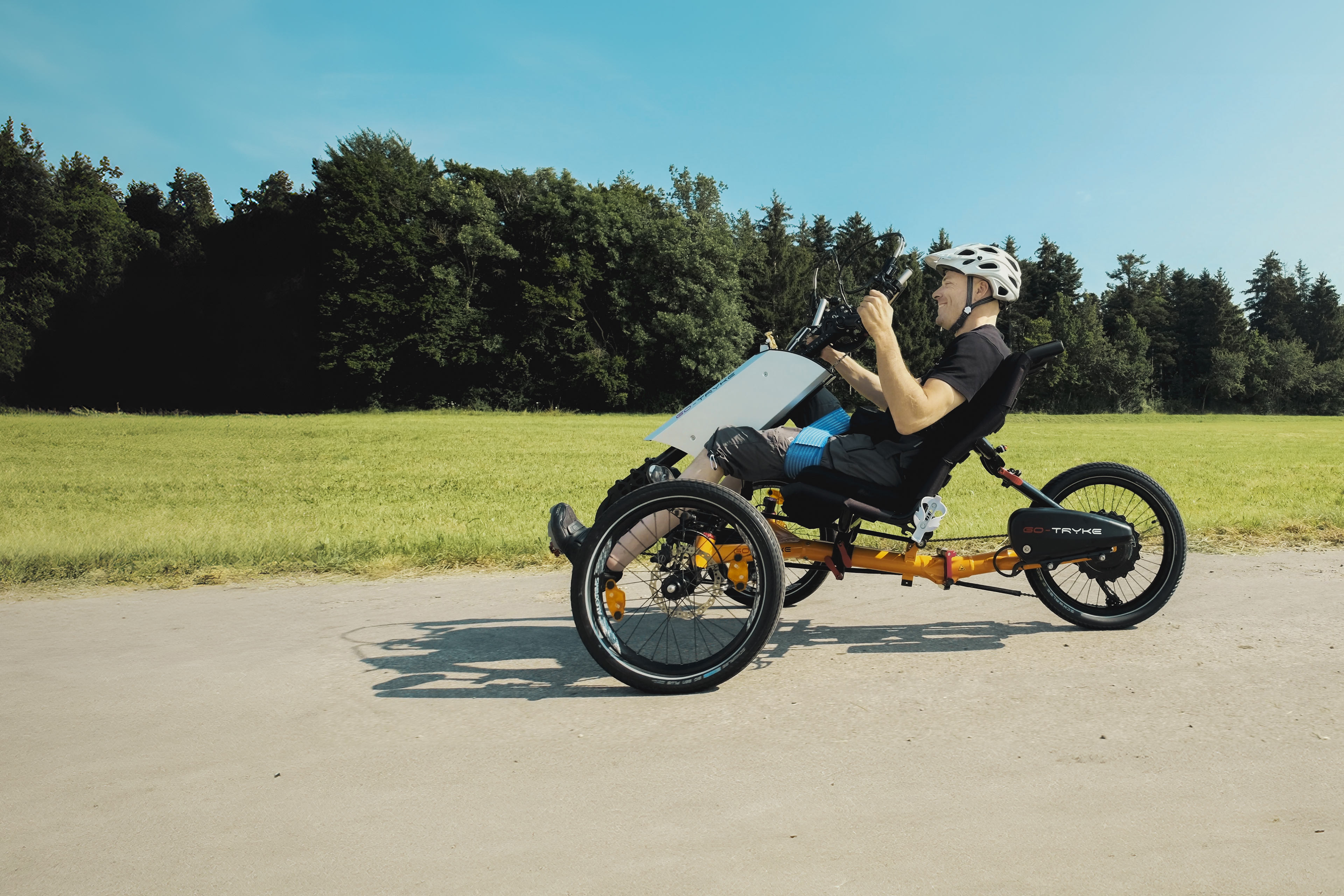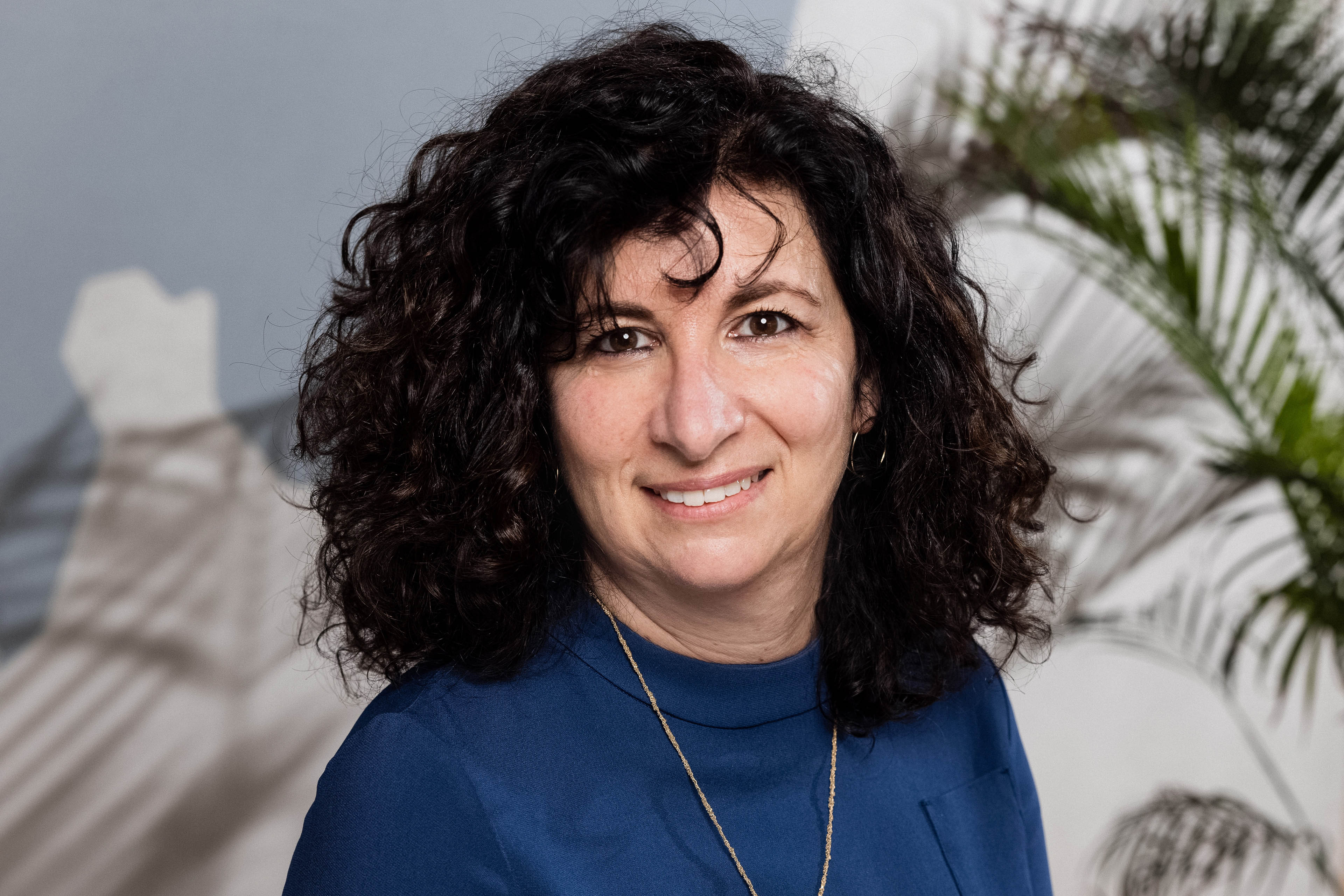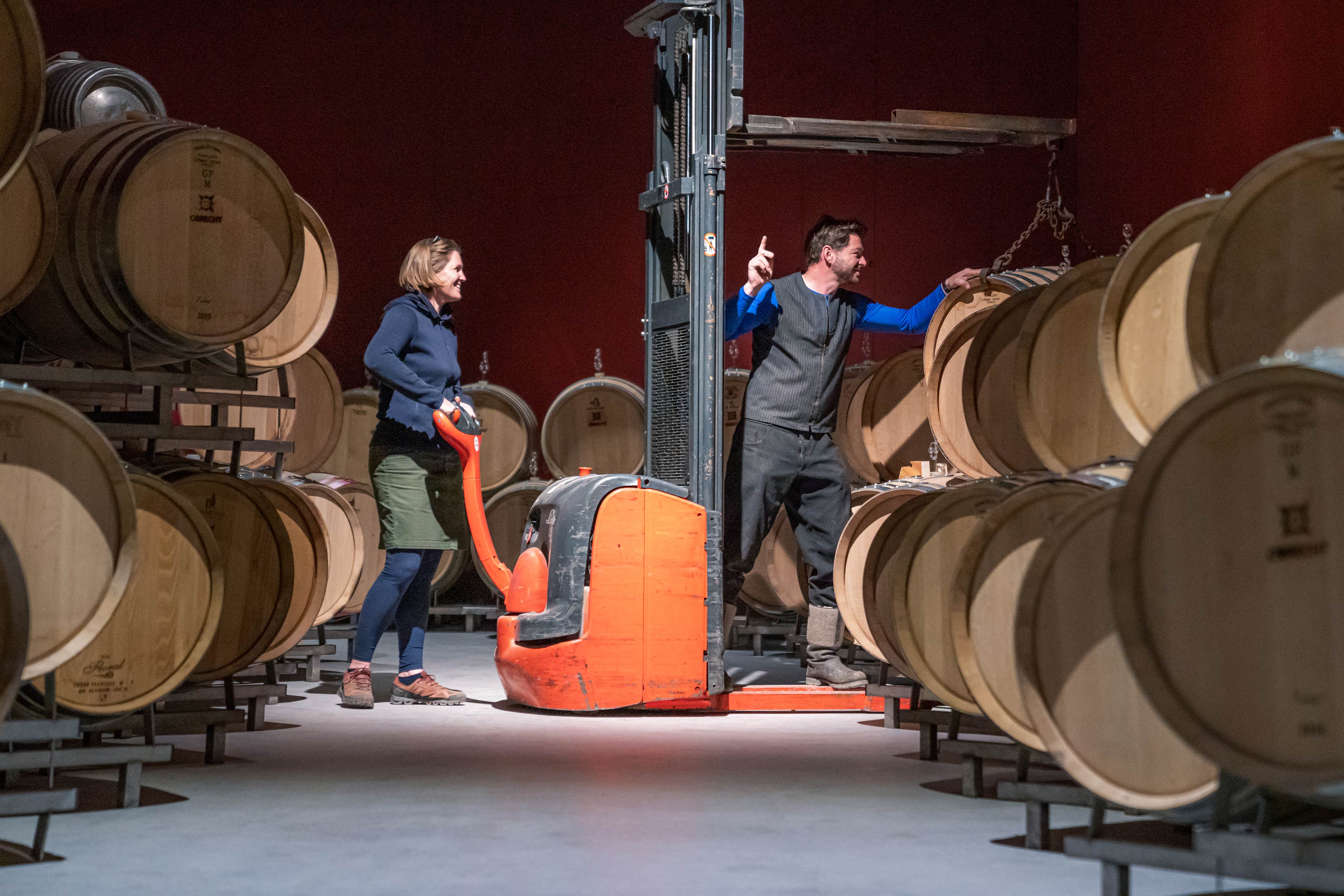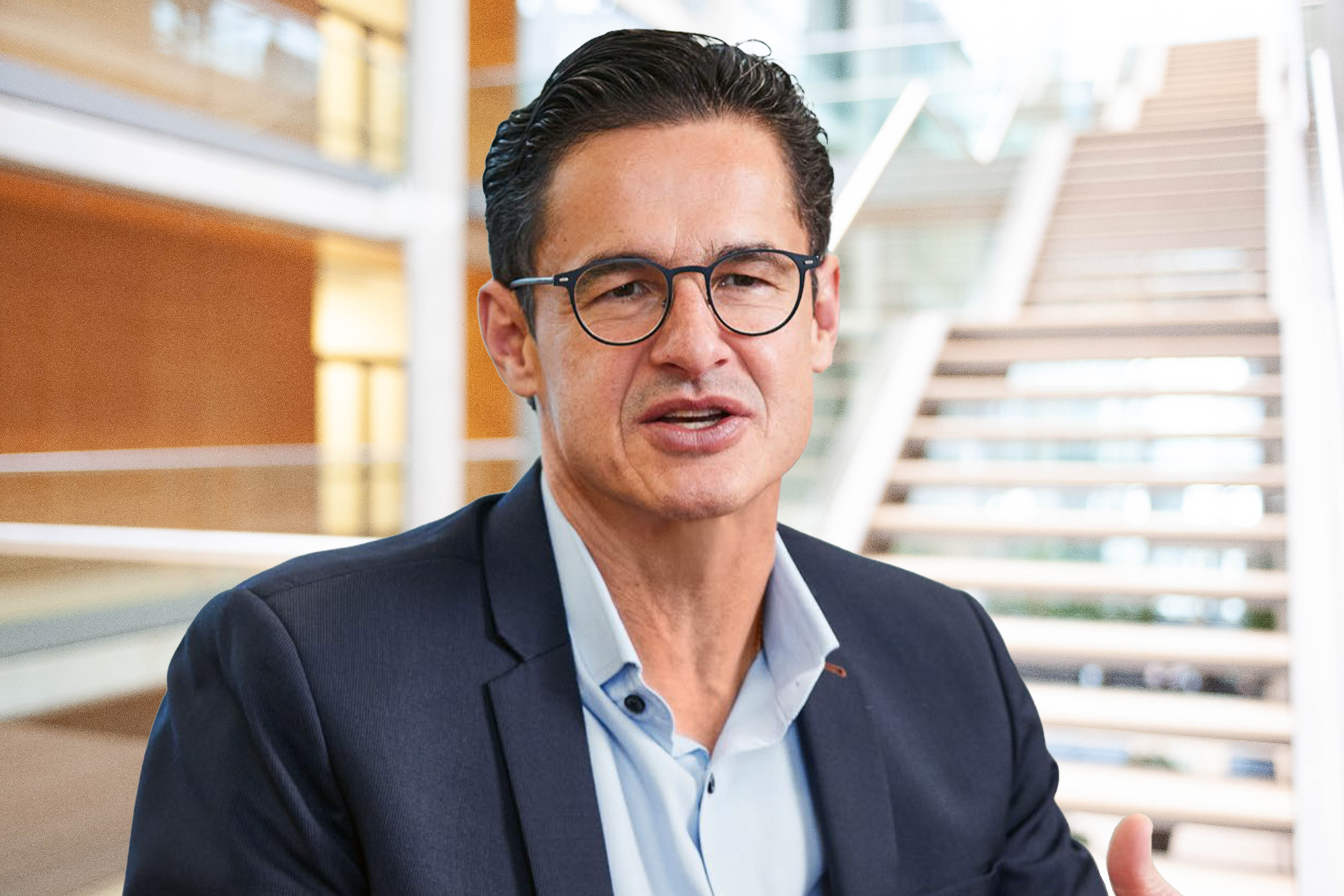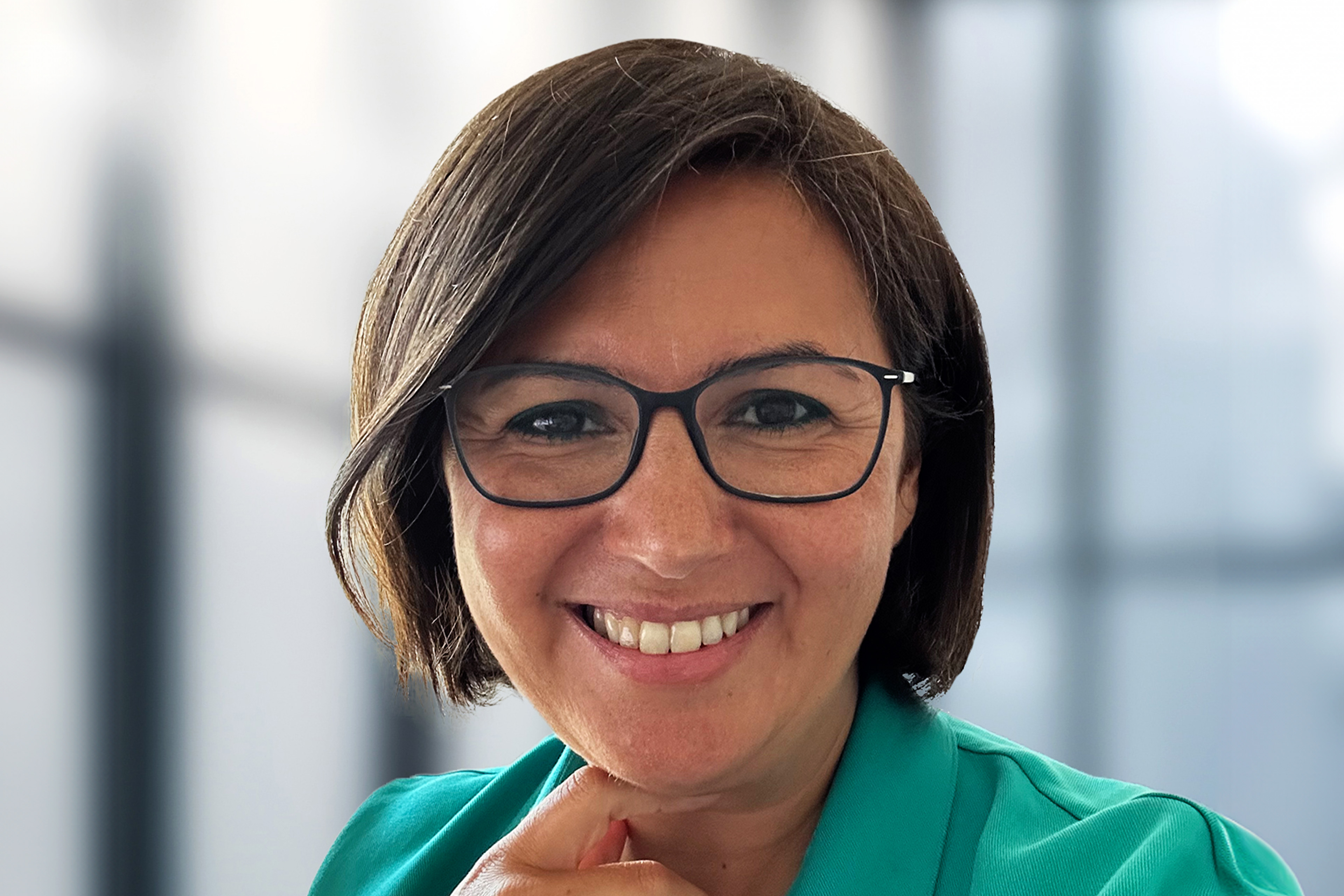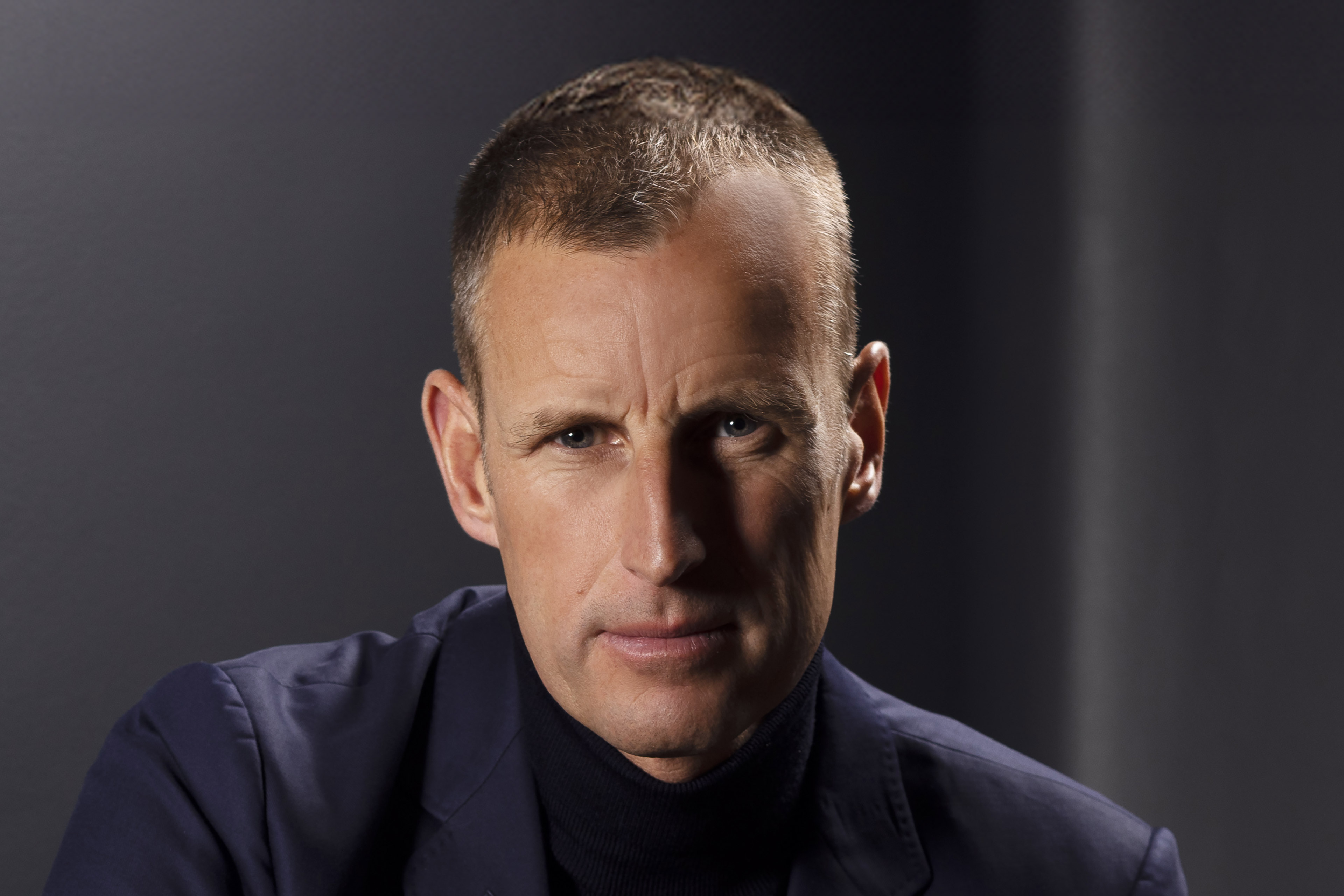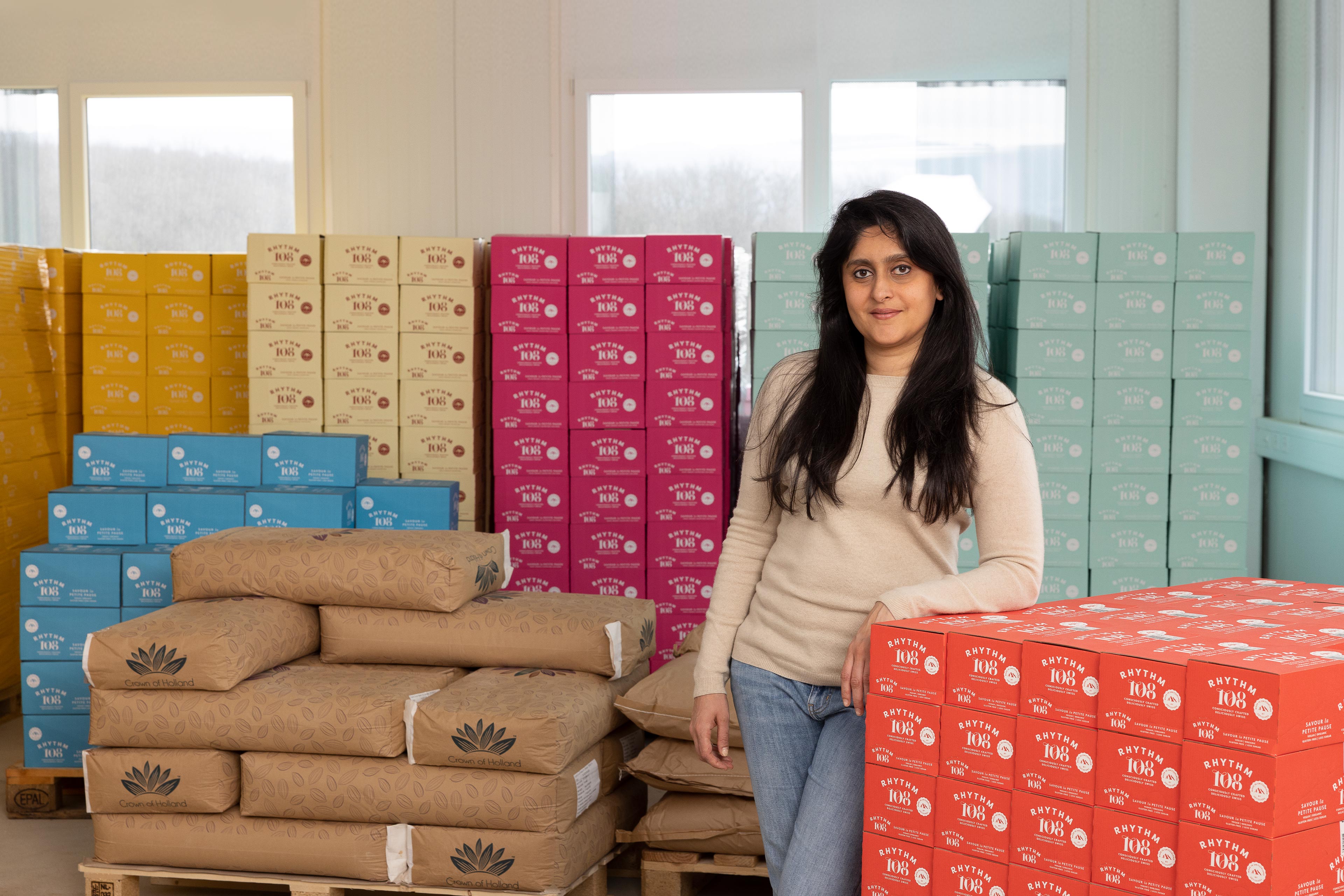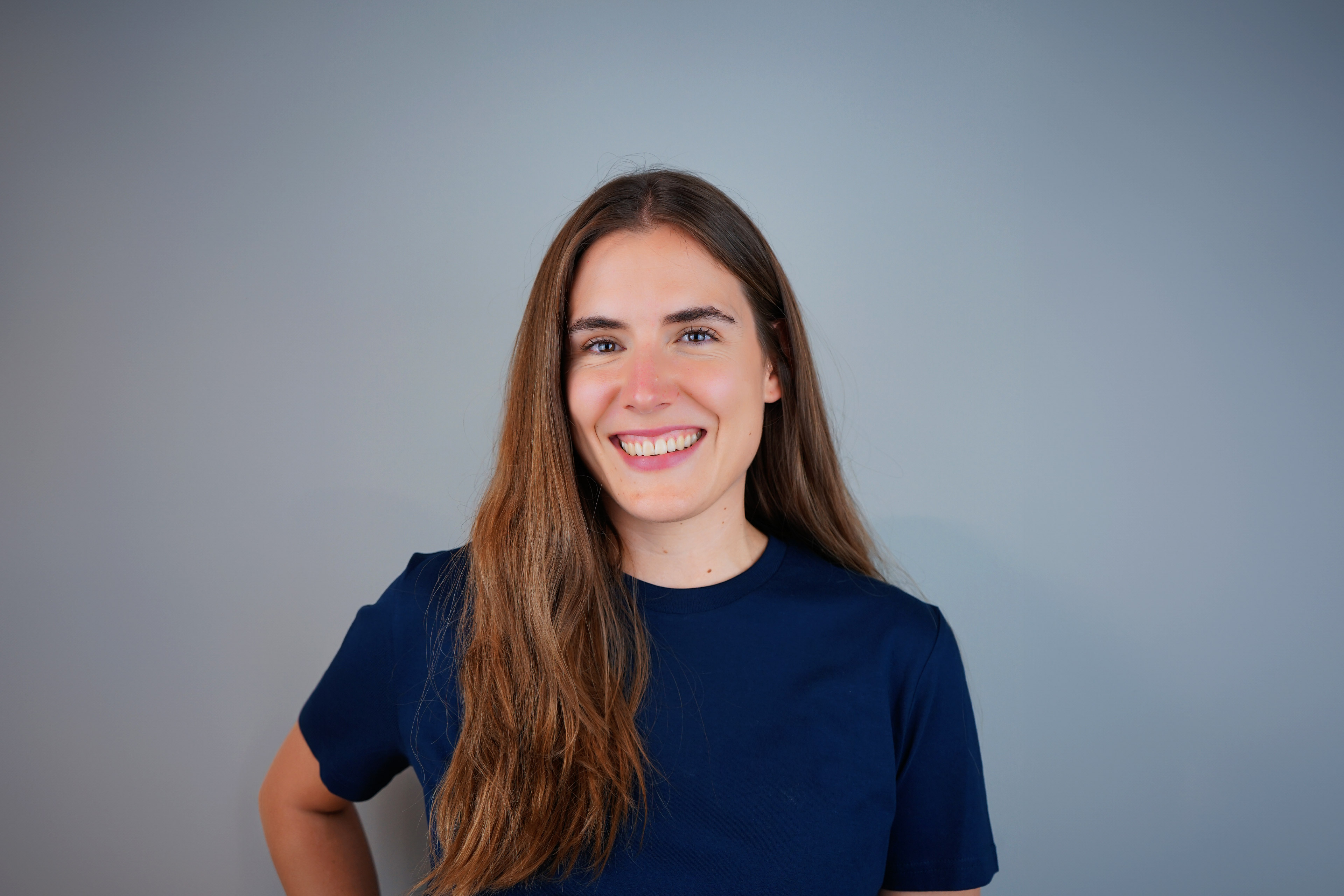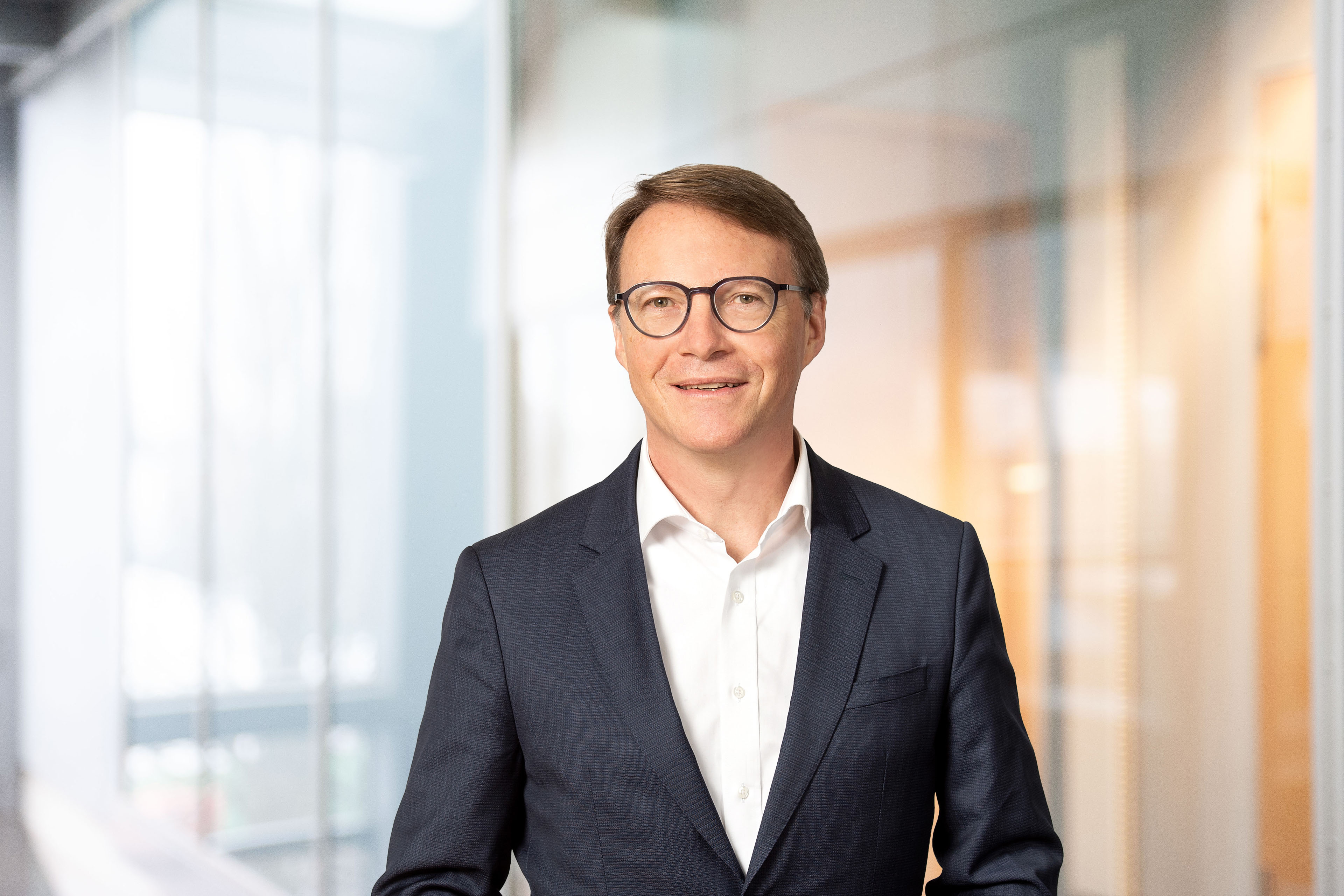EY refers to the global organization, and may refer to one or more, of the member firms of Ernst & Young Limited, each of which is a separate legal entity. Ernst & Young Limited is a Swiss company with registered seats in Switzerland providing services to clients in Switzerland.
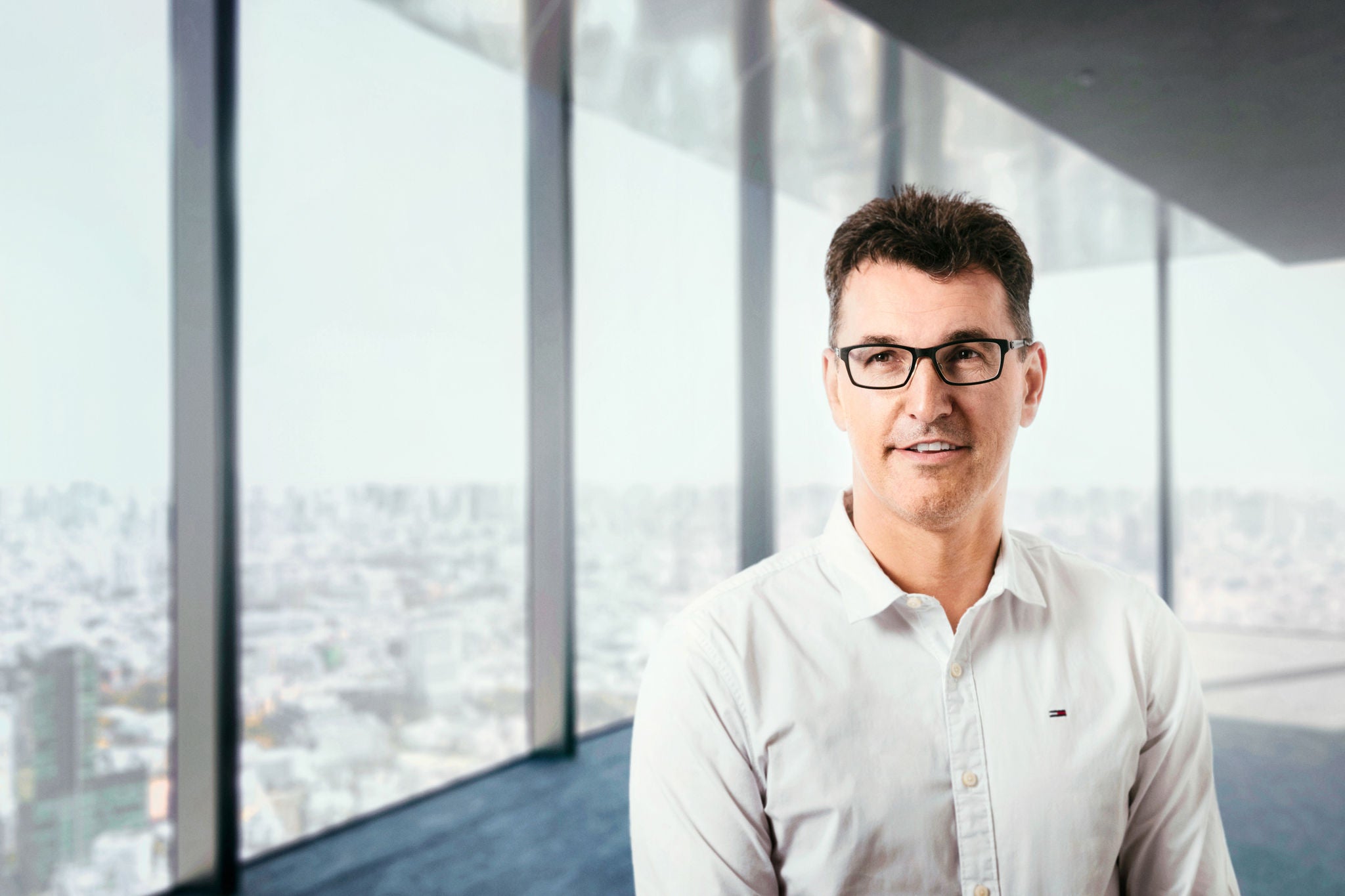
“In live communication, there’s really no such thing as normal.
André Richner
André Richner founded the sole proprietorship Richner Blachen in 1988. In 2005, the company merged with AS Print AG to form Richnerstutz AG, which André Richner now leads as Co-CEO and Chairman of the Board of Directors. One of the leading companies in Switzerland, Richnerstutz transforms communication into a three-dimensional experience by applying its knowledge of interior space and architecture, temporary structures, events and trade fair construction, outdoor advertising and digital signage. After investing in India Zelt & Event AG in 2016 and Movingposter AG in 2017, the company acquired Netvico GmbH in 2018. In 2020, Richnerstutz celebrated the groundbreaking ceremony for its new premises, which will unite the entire company under one roof in Villmergen. In the midst of the coronavirus crisis, Richnerstutz developed a gamechanger – the digital people counting system CountMe®.
As coronavirus continues to dominate headlines, politics and corporate agendas, a new normal is beginning to take shape. EY asked various thought leaders and decision makers to take stock and share their insights into what’s next. André Richner is Co-CEO and Chairman of the Board of Directors of Richnerstutz AG. The company developed a digital people counting system in the space of just a few weeks during the coronavirus crisis. In our interview, André Richner explains how CountMe® came about and why flexibility is so important in challenging times.
How did your company change during the coronavirus crisis?
As a company, Richnerstutz stands for speed, flexibility, ingenuity and customer proximity. This was true before Covid, and it’s still true today. Otherwise, lots of things have changed of course. The crisis and its impacts have seen the entire event and live communication sector disappear. The fixed structure sector also suffered in what has been an extraordinary situation. Take the example of our work in large-format and out-of-home advertising, which is used in retail, for example. Here, sales slumped by around 60%. For us, it was clear that we needed to do something. So we pooled our strengths and developed a digital people counting system. Thanks to CountMe®, staff no longer have to stand in front of Migros or Coop stores and manually count and tick off the number of visitors.
You’ve shown the courage to adapt during a crisis. What additional factors played a role in creating your people counting system?
We created this new product by pulling together competencies that we’ve built up over the past few years. Ten years ago, we took the decision to increase our focus on digital elements to complement analog communication. Digital signage is a keyword here – it’s about providing digital support for information on the sales floor – at a trade fair stand, for example. We came up with the digital people counting system using the knowledge that we’d accumulated over the years, plus the pressure of the crisis and the adaptability of our team. Without the coronavirus pandemic, I doubt that CountMe® would exist in its current form now. We were spurred on by the new situation and motivated to keep offering meaningful work for our people. Today, we can proudly say that in the space of this single COVID-19 year, we’ve leapfrogged three years in the digital transformation of our group.
In the space of this single COVID-19 year, we’ve leapfrogged three years in the digital transformation of our group.
Why do you think CountMe® has been so successful?
Our company’s flexibility and our people’s determination to make the very best of these difficult times were certainly important cornerstones. We pushed the pace, developed the counting system within a very short space of time and approached our existing customers. Demand was very high, so everything went like clockwork, especially during the first few weeks. We found ourselves submitting tender after tender, and managed to acquire new customers – in Switzerland and abroad. This triggered new challenges though: we had to invest, take a risk, procure materials and, and, and. We wouldn’t have got through this demanding situation without our dynamic team and the investors, who supported our idea. Another key success factor was the use of mostly in-house resources to create the counting system. In addition, our people programmed the app themselves. Thanks to short production pathways, we were always one step ahead of our competitors and in a position to supply customers quickly. After a while, some copycats came on the scene and the situation returned to normal a bit.
We wouldn’t have got through this demanding situation without our dynamic team and the investors, who supported our idea.
How has the way of working changed at Richnerstutz?
We quickly realized that we’d have to put employees on short-time working hours. I’m glad we had this tool at our disposal, though, because it meant we didn’t have to lay anyone off. But we also had employees whose good basic digital skills could be put to use in developing the counting system and, of course, we had people who were already working entirely in the digital arena before Covid. We even took on some new employees such as programmers. Logically, some of our people also worked from home, and continue to do so. This is only possible to a limited extent, though. Our production employees work with machinery and they need to be on site for that. All in all, we benefited from the flexibility of our company and our people.
How did this flexibility on the part of your people help you during the COVID-19 crisis?
Without the energy and adaptability of our entire team, we wouldn’t be where we are today. We built what was essentially a start-up – with a new product, new production line and new sales department – within around two weeks. Before the crisis, we were almost exclusively a Swiss company. There are many hurdles when you suddenly go international and have to set up a global distribution network. Topics that may seem trivial for seasoned international operators, things like different levels of VAT in each country, were completely new territory for us. We had to acquire new skills extremely fast, and that takes the right mindset – people who are innovative, committed and adaptable. Our employees had this flexibility.
We built what was essentially a start-up – with a new product, new production line and new sales department – within around two weeks.
What does the new normal mean to you?
In live communication, there’s really no such thing as normal. Everything’s very dynamic. The market and customer demands shift extremely quickly. Coronavirus has changed and normalized some things, of course, as we see in the example of working from home. But the traditional trade fair market was beginning to collapse even before Covid – the development has been under way for a while. We were already aware of the decentralization trend two years ago, and of the shift toward promotions and hybrid events, for example. Covid-19 has accelerated this tendency, of course, and it will continue in the future.
For you, what are the lessons learned from the crisis?
I believe that the coronavirus crisis has been a catalyst in many respects. It’s been known for some time that the live communication sector will undergo digital transformation. At the latest since coronavirus, it’s been clear to me that communication will be even more digital, even faster and even more interactive in future. At the same time, I’m certain that personal contact will always be a priority for people. You don’t want to have zoom sessions all day, you want to be able to look your counterpart in the eye and get a sense for that individual. It’s vital to strike the right balance between analog and digital. And as I mentioned earlier, it’s also hugely important to be flexible and able to react quickly in a crisis. On a personal level, this exceptional situation has reminded me that you shouldn’t take the important things in life for granted. For example, it’s been enormously rewarding to spend more time with my family.
Personal contact will always be a priority for people.
Featured articles and interviews
Sebastian Tobler, Co-founder and CEO of GBY SA
Sebastian Tobler is co-founder and CEO of GBY SA, which has developed a new approach for the rehabilitation of people with reduced mobility. An automotive engineer by training and trade, Sebastian Tobler’s life took a new direction when a bike accident left him paralysed. Alongside his entrepreneurial activities, he heads the SCI-Mobility Lab as Professor at the Bern University of Applied Sciences.
Originally from Naples where she grew up and studied physics, Luciana Vaccaro moved to Switzerland in 1996 to complete a PhD in microengineering at EPFL. She held various positions in research and education at the universities of Neuchâtel and Lausanne before heading the Grant Office at EPFL. In 2013 she took the reins of HES-SO as rector. Last October, Luciana Vaccaro was elected president of the umbrella organization swissuniversities and started in her new position on 1 February.
Francisca Obrecht, Weingut Obrecht
Peter Rupp grew up in Sargans, Switzerland, around 20km south of the Hilti headquarters in Liechtenstein. He studied Economics in St. Gallen, then took a post-graduate degree in Engineering in Winterthur.
Peter Rupp grew up in Sargans, Switzerland, around 20km south of the Hilti headquarters in Liechtenstein. He studied Economics in St. Gallen, then took a post-graduate degree in Engineering in Winterthur.
Serra Bicak is Senior Vice President Reckitt Africa Middle East at Reckitt Hygiene. She has lived and worked in eight different countries for various roles during her career in fast-moving consumer goods. Serra Bicak is passionate about diversity, equity and inclusion (DE&I) and leads Reckitt Hygiene’s gender balance program.
Patrick Pruniaux, Chairman & CEO of Sowind Group
Patrick Pruniaux has a background in business administration and began his career in the watch industry at TAG Heuer. Always fascinated by innovation, he joined Apple in 2014 and oversaw the launch of the Apple Watch. Following a move to Kering in 2017, he managed the Ulysse Nardin and Girard-Perregaux watch brands. In 2022, Patrick Pruniaux spearheaded the historic management buyout and now serves as CEO of these two brands within Sowind Group.
Siddhi Mehta, founder and CEO of Rhythm 108, talked to us about sustainability, craftmanship – and how her company combines heritage and innovation to take the Swiss chocolate tradition into the future.
Judith Häberli, CGO and co-founder of Urban Connect as well as EY Entrepreneur Of The Year™ 2023 Switzerland winner in the category "Emerging Entrepreneur", shares her motivation for starting a corporate mobility platform and explains why real change only happens when companies work together.
Thomas Fürer has served ABB for 22 years, including 14 years in his current role as Group Head of Tax. A Certified Swiss Fiduciary Expert and Certified Swiss Tax Expert, he takes a keen interest in technology and digitalization in the tax function and beyond.



